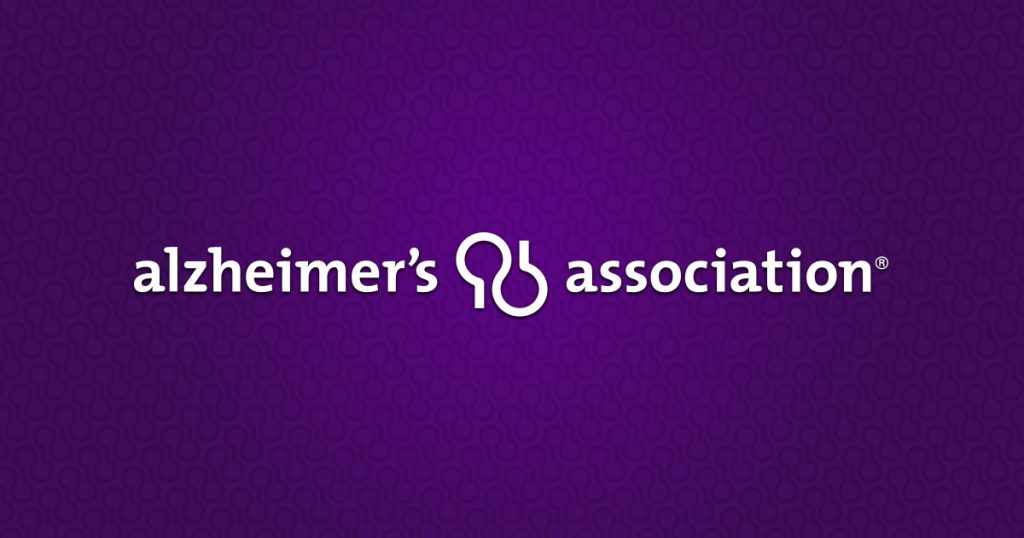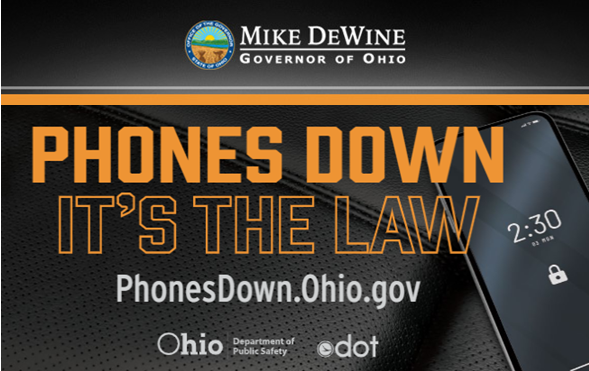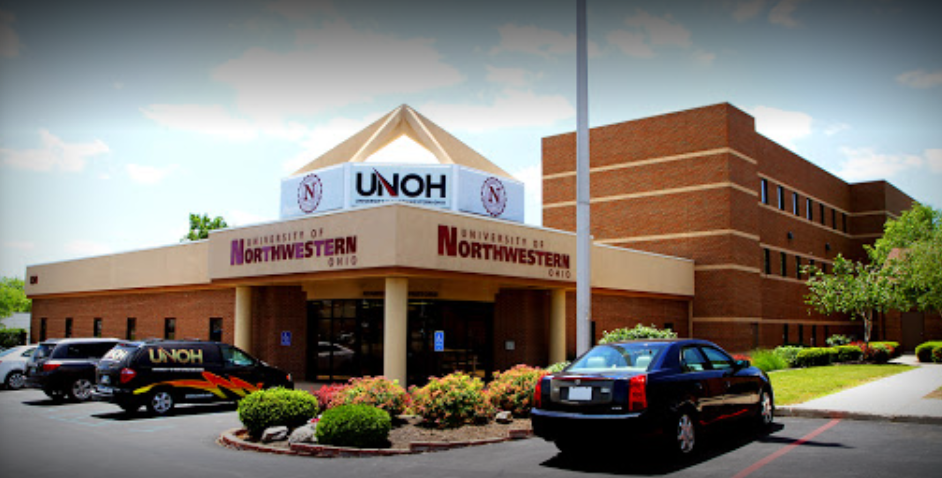Alzheimer’s Association Offering Virtual Program
Written by WKTN Staff on January 24, 2023

COLUMBUS, OH—Jan. 23, 2023—The Alzheimer’s Association Central Ohio Chapter, in partnership with the Division of State Fire Marshal, is hosting a free virtual program in February to educate participants about fire safety hazards in the home and early warning signs of Alzheimer’s disease.
In 2022, 163 Ohioans died as a result of fire. As older adults — especially those with Alzheimer’s disease or dementia — can be particularly vulnerable, the State Fire Marshal’s office and the Alzheimer’s Association are seeking to increase safety awareness among families caring for someone with dementia.
The program, Recognizing Fire Safety Hazards in the Home and the 10 Warning Signs of Alzheimer’s, is being offered free to the community and will be held from 10 a.m.-12 p.m. on Thursday, Feb. 16, on Zoom.
Pre-registration is required. To register for this program, call the Alzheimer’s Association’s 24/7 Helpline at 800.272.3900. Instructions for how to join the virtual program will be emailed following registration.
“This joint program with the State Fire Marshal’s office is a great way for those caring for older loved ones to learn both about early signs of dementia, and fire safety hazards in the home that can be particularly dangerous for older individuals,” said Pam Myers, Alzheimer’s Association Central Ohio Chapter program director. “It is so important to keep fire safety and prevention in mind when you are caring for a loved one with dementia, and this program gives you tips for getting started.”
During this program, attendees will learn about fire safety, potential hazards in the home, safety precautions to take at home, Division of State Fire Marshal resources, the Project Safe Senior program from the State Fire Marshal Fire Prevention Bureau, the 10 warning signs of Alzheimer’s, and the free support, services and resources from the Alzheimer’s Association.
“We want the attendees present to be advocates for Ohio citizens and those with Alzheimer’s, as they are at a higher risk, to ensure they have the basic necessities to increase their survivability in the event of a fire,” said Josh Amspaugh, fire and life safety educator for the Division of State Fire Marshal.
Attendees of the program will learn how to access resources from Project Safe Senior, a community risk education program offered through the State Fire Marshal Fire Prevention Bureau.
“In addition to providing your family with tools for increasing fire safety in the home, this program will equip you with knowledge of the early warning signs of dementia, so that you know as early as possible if your loved one might be at risk,” Myers said.
Alzheimer’s and other dementias cause memory, thinking and behavior problems that interfere with daily living. Join this program to learn how to recognize common signs of the disease; how to approach someone about memory concerns; the importance of early diagnosis and the benefits of a diagnosis; and possible tests and assessments for the diagnostic process.
In addition to memory loss, signs of Alzheimer’s can include confusion with time or place, difficulty finding words when speaking or writing, and withdrawal from work or social activities. This program will discuss these signs and more.
In 2021, there were 220,000 Ohioans age 65 and older living with Alzheimer’s disease, and that number is expected to increase to 250,000 by 2025, according to the Alzheimer’s Association “2022 Alzheimer’s Disease Facts and Figures.”
Those concerned about themselves or a loved one can contact the Alzheimer’s Association Central Ohio Chapter office at 614.457.6003 to schedule a care consultation and be connected to local resources that can help.
The Alzheimer’s Association Helpline is available 24/7, 365 days a year to those needing information, guidance or support. Specialists and master’s-level clinicians offer confidential support and information about Alzheimer’s disease and dementia to people living with the disease, caregivers, families and members of the public.
The helpline can assist with decision-making support, crisis assistance, general information about dementia, resources about legal, financial and care decisions, treatment options, and strategies to reduce caregiver stress. Individuals also can call to learn about programs and services near them. An interpreter service accommodates more than 200 languages. To reach the helpline, call 800.272.3900.
A “live chat” option and online assistance form are available at www.alz.org/help-support/resources/helpline





